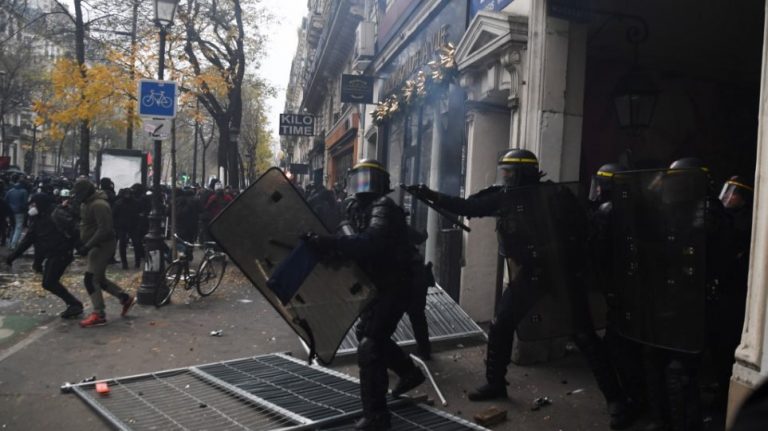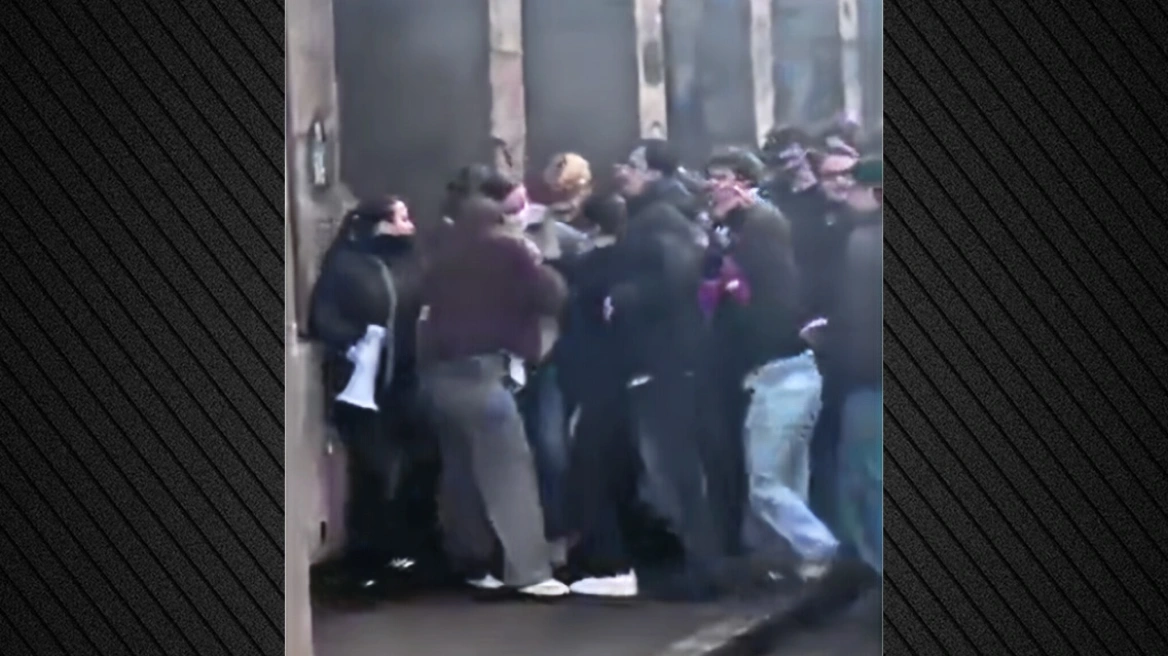Saturday, April 18, 11 pm. Villeneuve-la-Garenne, a small town in the northern suburbs of Paris. A young man rides a motorcycle at high speed and hits the door of a police car. He breaks his leg. He is sent to the hospital. He does not have a driver’s license but does have a long criminal history. He was sentenced several times by the courts for drug trafficking, robbery with violence and sexual assault.
As soon as news of the accident is released, hostile messages about the police circulate on social media; and in a dozen cities in France, riots break out. The riots are continue for five days in a row. A police station in Strasbourg is attacked and set on fire. A school is nearly destroyed a few miles from Villeneuve-la-Garenne.
Rather than responding with firm language, the French government is saying that an investigation into the behavior of the police has been opened and that the officers will most likely be punished.
The coronavirus pandemic, which struck France hard, has been aggravating the serious problems already plaguing the country.
France’s general population remains under extremely strict lockdown; the police have been ordered to enforce the rules ruthlessly. Permits to leave one’s home were limited to 60 minutes, once a day, and no farther than half a mile. On Aril 23, Minister of the Interior Christophe Castaner said, “Since the start of the lockdown, more than 915,000 citations have been handed out; 15.5 million persons have been stopped and checked”. The citations, according to newspapers, were given to people who stayed outside for more than an hour, or who went beyond the authorized limits.
People living in no-go zones [zones-urbaines-sensibles “sensitive urban zones”] are treated differently. Police officers have been told by the government not to stop them at all and to avoid as much as possible going near where they live.
Iranian missile strikes own ship, Navy says 19 killed (photos)
Read more: Gatestone Institute
Ask me anything
Explore related questions





